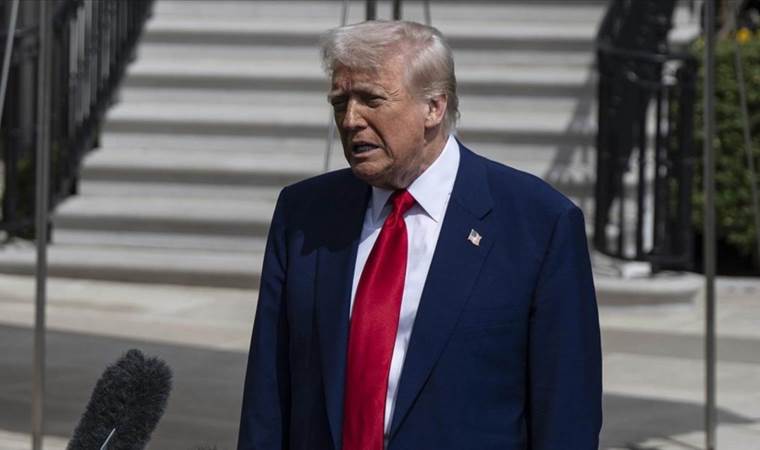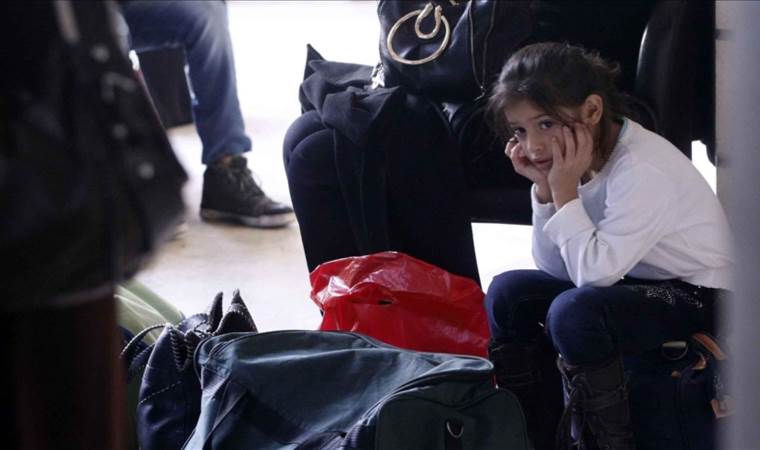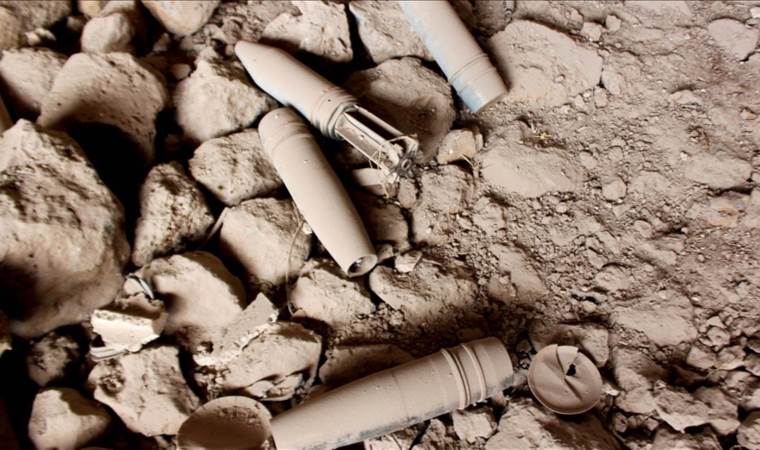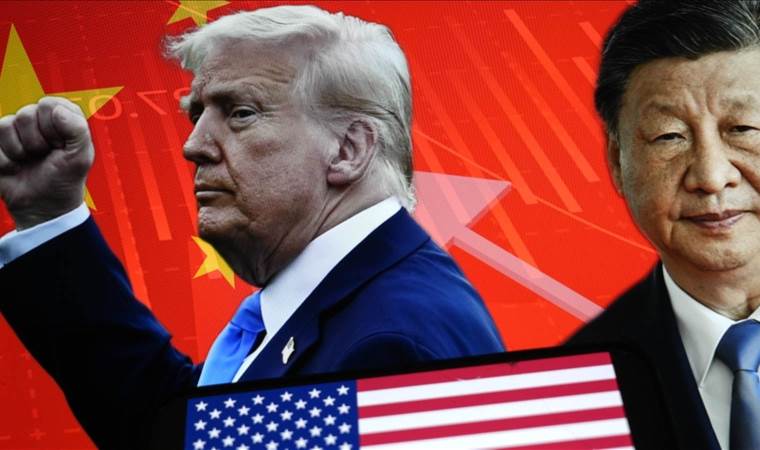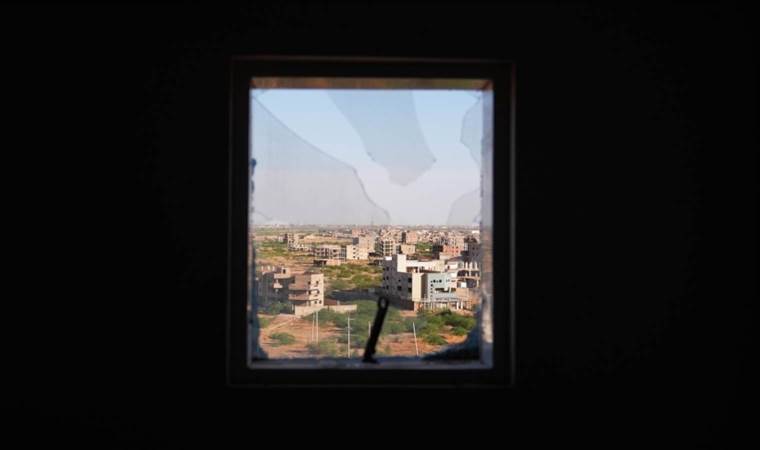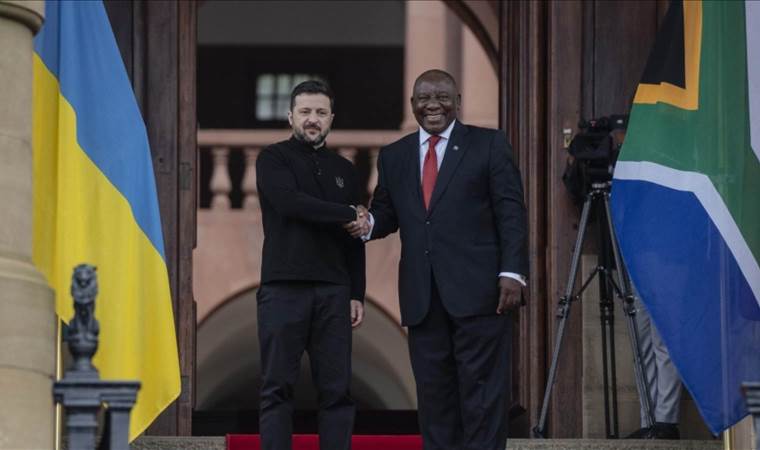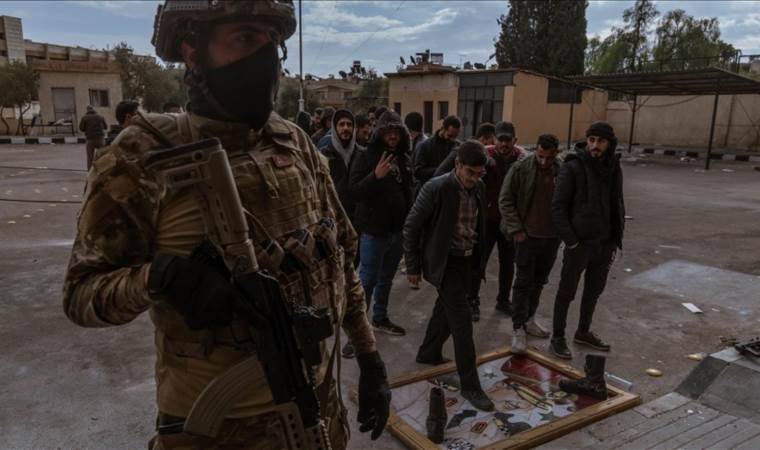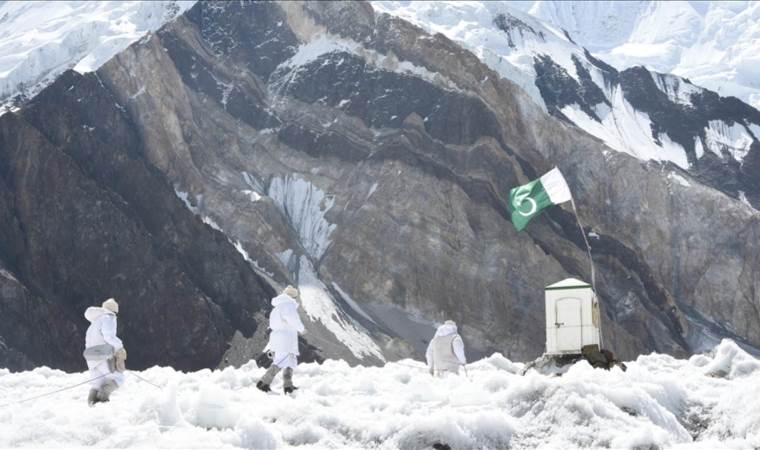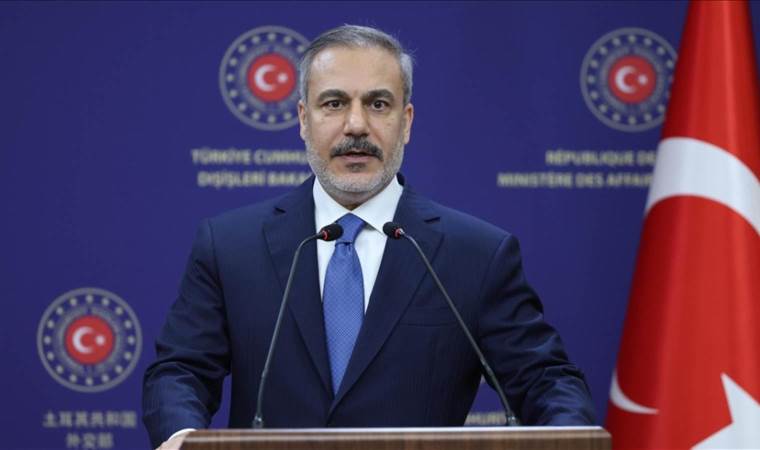Evolving dynamics of natural gas politics and Turkey's crucial role
Cumhuriyet columnist Mehmet Ali Güller discusses the evolving landscape of natural gas politics within the region in light of the newly discovered reserves in the Eastern Mediterranean, the normalization efforts in the Persian Gulf, and Turkey's crucial role in this power struggle.
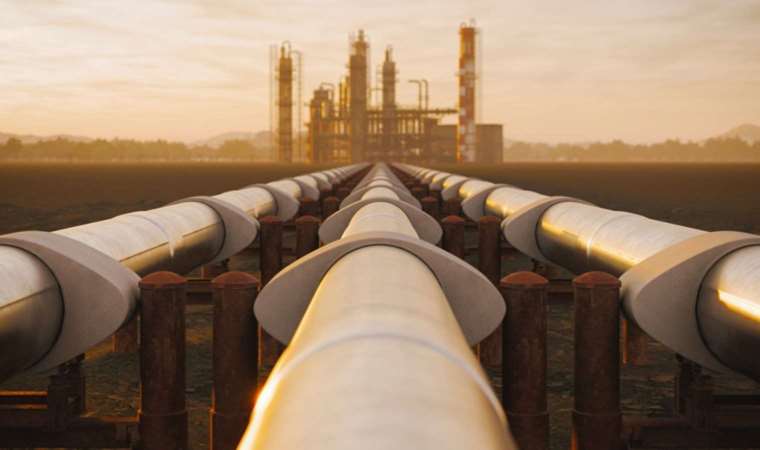
In our region, four key natural gas fields hold prominence: 1) Russia 2) Caspian Sea: Azerbaijan, Turkmenistan 3) Persian Gulf: Iran, Qatar 4) Eastern Mediterranean: Egypt, Israel.
Europe stands as the premier market for these gas suppliers. However, the Ukraine conflict has reshaped the dynamics of natural gas politics, tempering the flow of Russian gas to Europe. By exerting political pressure on Brussels and interrupting the Nord Stream, the United States has succeeded in partially substituting Russia's gas purchases with its own expensive liquefied natural gas (LNG).
Moreover, in conjunction with the reserves unearthed in the Eastern Mediterranean, the normalization efforts in the Gulf, and the burgeoning prospects in the shared basin of Iran and Qatar, the energy politics within our region have transformed.
Putin: Electronic Trading Platform
Turkey serves as a pivotal bridge in this power struggle, a role that must progress from merely bridging to becoming a terminal in its European connection.
The Ukraine conflict has inadvertently opened up an opportunity for Turkey. Russia has floated the idea of establishing a gas hub within Turkey, transforming it into not just a conduit for gas transportation, but a storage center as well. This could endow Turkey with specific advantages, particularly in price determination.
However, progress toward becoming a 'natural gas hub' has been more gradual than anticipated. Russian President Putin's recent comments on the matter are noteworthy: "Let me make it clear that this pertains to gas, not oil or an oil storage facility. Both we and our Turkish partners understand this. We're discussing the creation of an electronic trading platform (...) There are no plans to store massive gas volumes there. It's simply a practical location for setting up such a trading platform, given Turkey's role as a transit country for Europe," Putin affirmed.
Iran's Gas Hub
We are witnessing substantial shifts in natural gas policies within our region. For instance, a novel partnership is taking shape between Russia and Iran.
Iran's Oil Minister, Majid Chegeni, recently announced collaborative efforts with Russia, Turkmenistan, and Qatar to establish a natural gas hub in Asuliyeh, southern Iran.
In the wake of this announcement, an Iranian delegation embarked on a journey to Russia. Majid Chegeni, Iran's Deputy Oil Minister, commented, "Our team of experts is currently in Russia. Certain agreements have been reached in this domain, and we are optimistic about smooth proceedings."
Regional Collective Gains
At present, two natural gas hubs— one in Iran and the other in Turkey— are under consideration. Time will unveil whether one or both of these hubs come to fruition.
Considering both the European and Asian markets, both hubs are indispensable. The coordinated operation of these centres translates to collective benefits for producers.
Without a doubt, establishing a gas hub in Iran to accommodate Russian, Iranian, Qatari, and Turkmen gas carries immense significance due to their production capacities. Nonetheless, this does not invalidate the feasibility of establishing a gas hub in Turkey. Turkey's interests encompass not only Russian gas but also Egyptian-Israeli gas, with Azeri gas already integrated.
The viability of the EastMED project, outlining the construction of an undersea gas pipeline from the Eastern Mediterranean, traversing Cyprus, Crete, and Greece, now hangs in uncertainty. Turkey remains the shortest and most cost-effective conduit for Egyptian and Israeli gas.
Indeed, Israel is keen on engaging in discussions about this matter. This topic would have taken precedence during Israeli Prime Minister Netanyahu's visit to Turkey if it weren't postponed due to his health concerns. Furthermore, the normalization process with Egypt will bolster the prospects of the Turkish route.
The ultimate challenge is to transform these projects into collaborative ventures rather than adversaries. Achieving this objective necessitates a strategy rooted in regional collective benefits.
Most Read News
-
 Recent Russian strikes on Kyiv were 'not necessary,' say
Recent Russian strikes on Kyiv were 'not necessary,' say
-
 Germany offers Syrians up to $4,555 to return home
Germany offers Syrians up to $4,555 to return home
-
 Despite stated ban, Spain continues to buy arms from Isr
Despite stated ban, Spain continues to buy arms from Isr
-
 China denies having talks with US on tariffs
China denies having talks with US on tariffs
-
 60 militants from paramilitary RSF killed in North Darfu
60 militants from paramilitary RSF killed in North Darfu
-
 Nearly half of Americans now live with dangerous air qua
Nearly half of Americans now live with dangerous air qua
-
 Zelenskyy partially cancels South Africa visit in wake o
Zelenskyy partially cancels South Africa visit in wake o
-
 Britain lifts sanctions against Syrian defense, interior
Britain lifts sanctions against Syrian defense, interior
-
 Pakistan says any Indian attempt to divert, stop flow of
Pakistan says any Indian attempt to divert, stop flow of
-
 Turkic world will continue to stand by Turkish Cypriots,
Turkic world will continue to stand by Turkish Cypriots,
